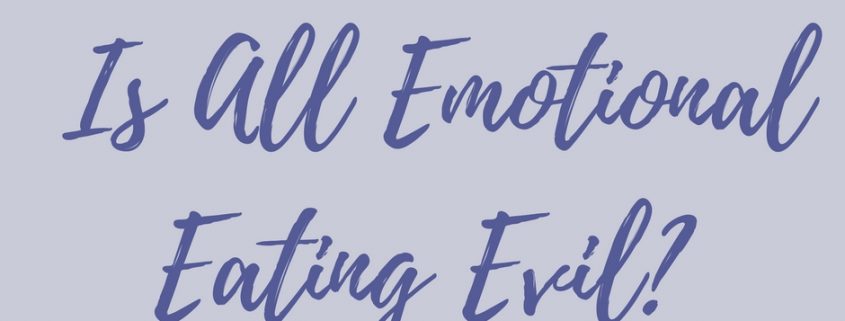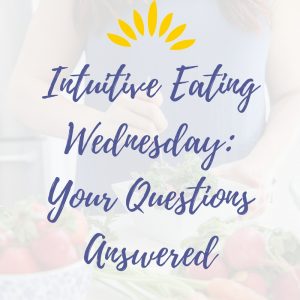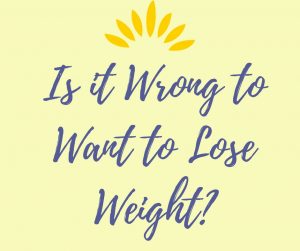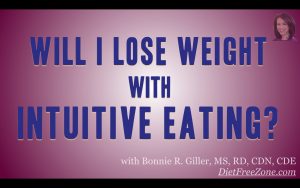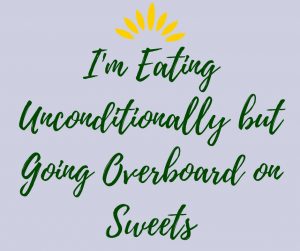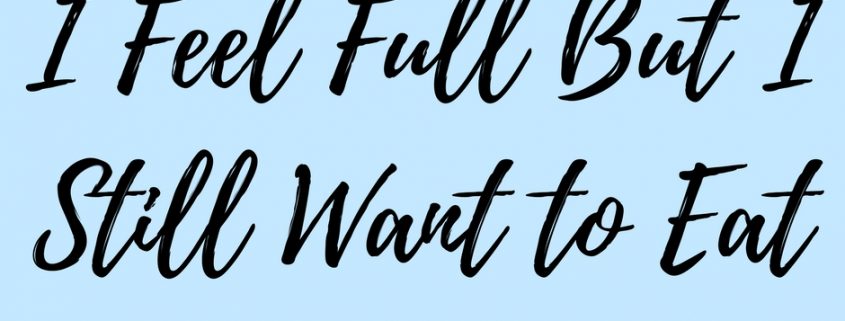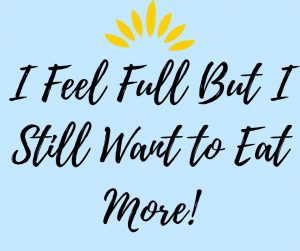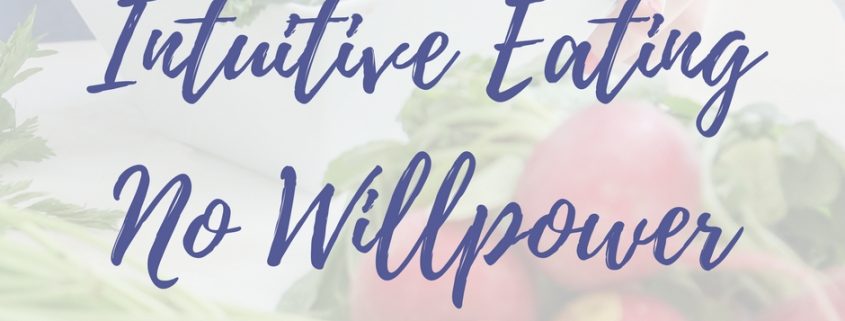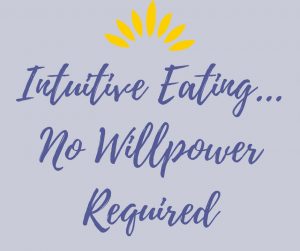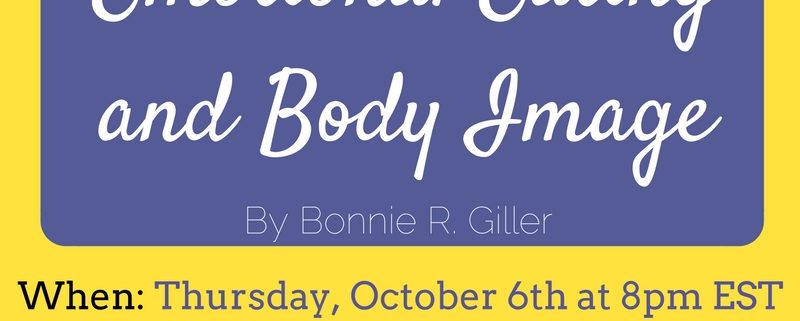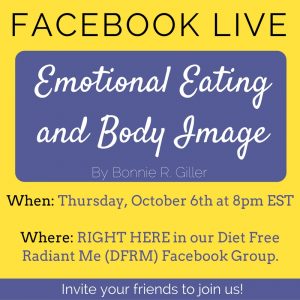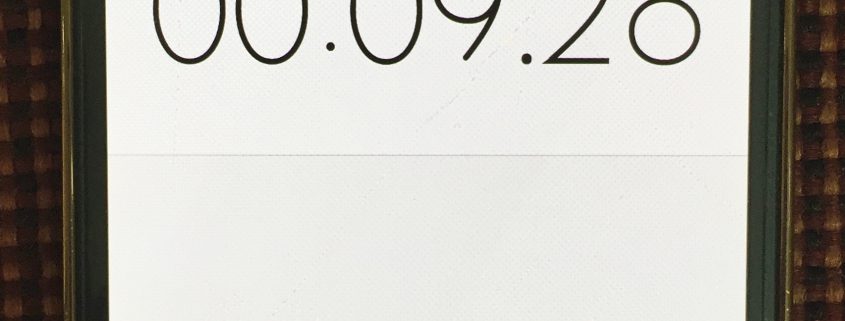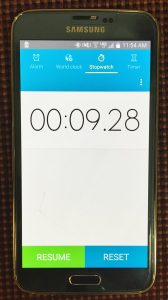Is All Emotional Eating Evil?
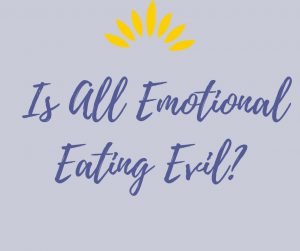 This week’s Intuitive Eating Wednesday Question comes from several women in my online community who are struggling with emotional eating.
This week’s Intuitive Eating Wednesday Question comes from several women in my online community who are struggling with emotional eating.
The question is:
Question:
“Bonnie, when I eat emotionally, I feel guilt. Unless of course if I choose cucumber slices and carrot sticks with hummus. Is it possible to give myself permission to eat emotionally if I really want to without the guilt?
What an amazing question. Perhaps you are wondering this too.
When feeling sad, lonely, unloved, disconnected, frustrated, bored…I could go on and on…what is your first thought? More than likely if you are reading this, your first thought is to seek comfort in food.
Or perhaps, you need more than comfort. You need to escape your reality for a few minutes, you need to numb out just not to feel what you are feeling for even a little while.
And then, more emotions flood in. This time, they are feelings of guilt, shame and despair with promises never to do this again. Until you do.
Let’s be clear about one thing. Food has an emotional connection in your life, in all our lives. It’s actually part of being human. This emotional connection starts as soon as you are born and placed on your mom’s breast to bond. You are fed by your parents, you celebrate milestones with food, such as birthdays, anniversaries and promotions, and almost every culture has food as part of their symbolic customs.
The problem arises when you use food to try to meet too many of your needs, and what happens is those needs don’t actually get met. It then creates an even stronger drive to continue to eat. And that’s when the guilt steps in.
This is most often seen in dieters and those struggling with their weight for many years who have been on and off diets over and over again. There are good foods and bad foods…there’s lots of moral judgement around food that has you making associations of “I’m good” if you don’t eat (“ooh, I deserve a reward), or “I’m bad” if I do eat (I need to be punished).
So you attempt to ‘control’ your emotional eating using willpower, or by restriction, and it works against you each and every time.
As one new client told me – “I thought I could just lose weight and I’ll be fine, but it’s the emotions. My emotions get me every time.”
And how you react to your emotional eating is key to your outcome. Reacting with disgust, that it is “bad”, that you are bad, in essence puts you right back into diet/restriction mode.
It’s time to treat emotional eating from a different perspective. From a perspective of curiosity, kindness and self-compassion. And all of a sudden, the switch flips.
Let’s discuss this further on today’s Facebook LIVE at 5:00 pm EST on my Facebook business page HERE. LIKE the page now so you get notification when I go live. If you can’t make it live, no problem. You can catch the replay.

